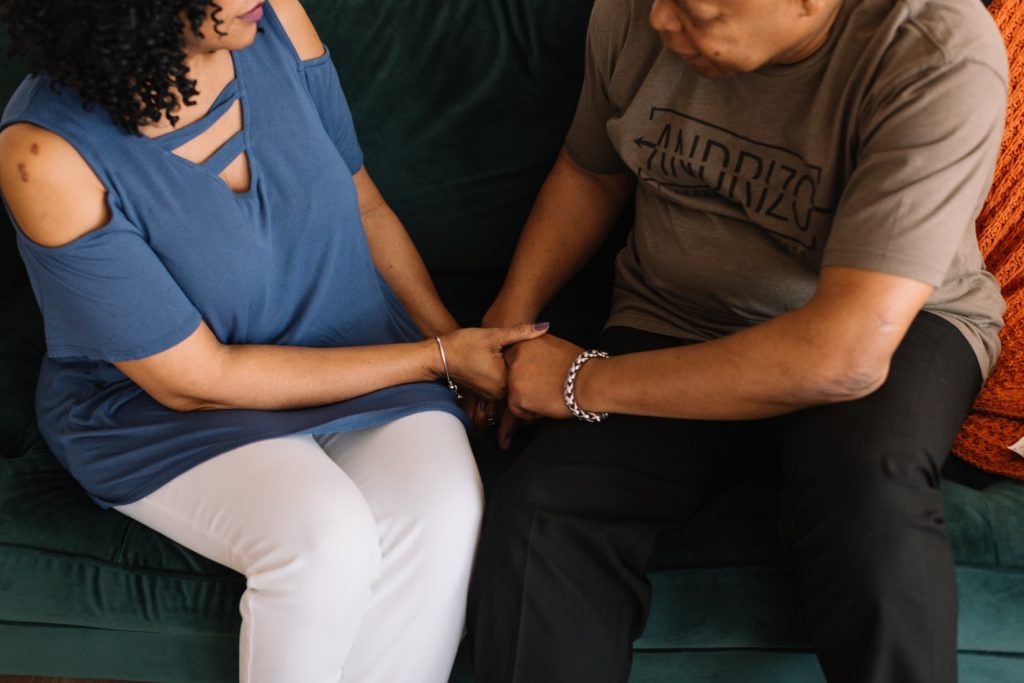
For many churches men’s ministry is either non-existent or the ministry consists of quarterly breakfasts and an annual cookout. I have talked with pastors and leaders from normative size churches, medium, and large churches, and all struggle to some degree with launching or sustaining a vibrant men’s ministry. Why is this the case? What makes men’s ministry so different and subsequently difficult from the rest of the ministries of the church? I have wrestled with this question, read blogs, went to trainings, and scoured books to find the answer. The answer is simpler than we might expect. Men’s ministry seems so difficult because we make it more complex than needed.
For a successful men’s ministry, a ministry that glorifies Christ, strengthens the body, and engages people, it needs to have at least three components.
Events
Yes, men like to do things. I know this may rub some of us practitioners the wrong way, but events are fun, and they allow people to connect in ways they cannot connect in a formal church setting. We are not trying to win men to an event. No event should be a stand-alone ministry. Each event should serve to connect men to the DNA of the church.
Groups
As men get older, they tend to isolate themselves more. Find ways to plug men into groups. This can be done many ways, but make sure that within these groups, men can share their lives honestly, have the confidence of confidentiality, and the opportunity to pray with one another.
Projects
Finally, a successful men’s ministry will include some type of project at some point during the year. The project can be anything from building a wheelchair ramp to helping with VBS. Projects allow men to come together and serve alongside one another. As men serve beside one another with a shared goal, a bond is created and strengthened that draws men to one another and to Christ.
Remember, there is no need to put so much pressure on yourself or your ministry. Simple is better. Get your team together and brainstorm how these ideas can be put into place in your ministry.
Written By Brad Delaughter, First Baptist Church De Soto, MO



